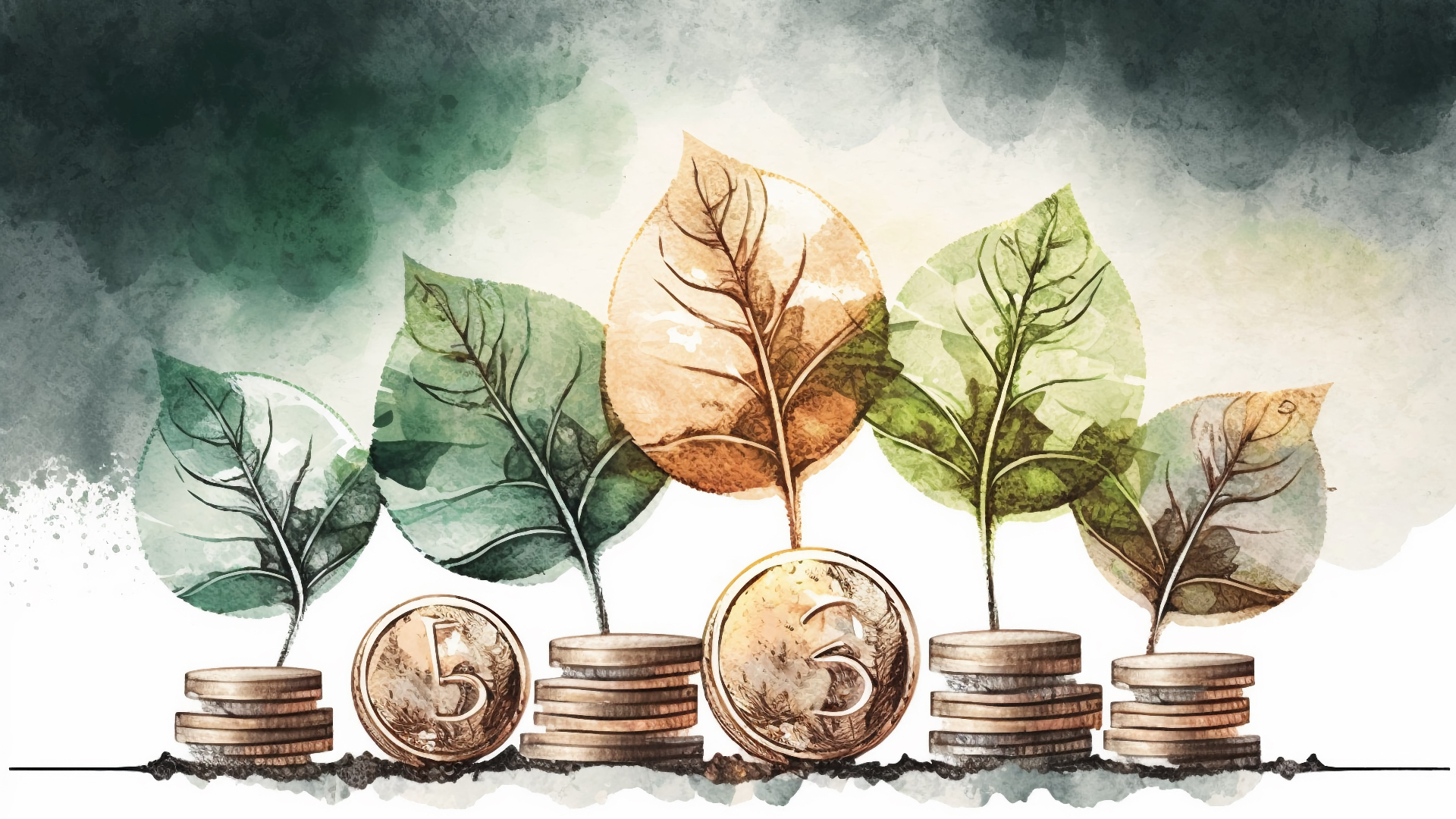Tag: climate change


Tuvalu could become the world’s first digital country as it sinks into the ocean
December 18, 2023 | Post
Climate refugees, like those from Tuvalu, warrant equal consideration alongside other displaced populations.
Moreover, proponents of liberty should unequivocally support Tuvaluans’ desire to live where they choose to: their beautiful Pacific island home.

What would Adam Smith write about now?
October 6, 2023 | Post
In the pantheon of economic thought, Adam Smith stands as a colossus, a philosopher whose seminal work, The Wealth of Nations, fundamentally shaped our understanding of free markets and the power of individual self-interest to fuel societal progress. But what would he write about today’s issues?

Climate anxiety and sunk costs: flipping the script on ostrich solutions
August 29, 2023 | Post
By striking a balance between support and accountability, while respecting individual liberty and property rights, we can address climate anxiety in a way that promotes long-term resilience and responsible stewardship of our environment. Here are four broad suggestions:

Inefficiency and unintended consequences: why environmental regulations typically fall short
May 30, 2023 | Post
In an era marked by growing concerns about climate change, the role of government in addressing environmental issues has become increasingly prominent. However, as billions of dollars are poured into climate change programs and regulations, it is essential to critically examine the true impact and costs of these initiatives.

What is free-market environmentalism?
April 28, 2023 | Post
Free-market environmentalism combines the ideals of environmental protection with the principles of a free-market economy. It acknowledges that markets can provide powerful incentives for conservation and environmental stewardship, and that private property rights and contracts can be leveraged as tools to protect the environment. But how exactly does this work?

How sustainable farming is paying off for Australian farmers
April 24, 2023 | Post
Tired of riding the fortunes of the weather, Australian farmers are increasingly turning to regenerative agriculture to sustain their land during periods of drought.

2022 is over and Soylent Green isn’t people
January 16, 2023 | Post
Soylent Green (1973), a dystopian sci-fi movie, depicts a world suffering from overpopulation, climate change, and extreme inequality, where the rich exploit and own the poor, who survive on the evil Soylent Corporation’s processed plankton. As 2022, the year in which Soylent Green was set, has now passed, the movie’s grim predictions of overpopulation have proven misguided.

Here’s why population growth is an opportunity, not a threat
November 18, 2022 | Post
The United Nations recently announced that the world’s population is now estimated to have reached 8 billion — up from 7 billion as recently as 2011. This latest milestone has seen renewed alarmism from those who believe that the planet is already overpopulated.But is population growth really such a threat to humanity? There are many reasons to believe that, quite the opposite, population growth actually amplifies opportunities for tackling humanity’s greatest challenges.

How the sharing economy protects the environment
November 9, 2022 | Post
To protect the environment, the way forward is through the promotion of markets and innovation, including the sharing economy, which can solve the problem far more effectively than state regulation.

Market-based solutions to climate change
June 30, 2022 | Post
Given the various shortcomings associated with central planning, market-based solutions are extremely important in addressing climate change. Due to their sensitivity to geographic and technological differences across society, market-based solutions ought to be an important part of any solution.

Climate change is not a tragedy of the commons
April 22, 2017 | Post
Because no one can tell a plausible story about market exchange or transaction costs with future generations, no one can show that climate change is an external cost resulting from a market failure.

Featured On Demand Program of the Week: Protecting the Environment
April 18, 2016 | Post
Saving a species from extinction is a daunting and important task. On many occasions, legislation designed to protect endangered species can be both inefficient and ineffective. Protecting the environment has the same problems – no matter how well-intentioned environmental protection laws are, unintended consequences often make bad situations worse, exacerbating pollution and environmental waste. Can […]

